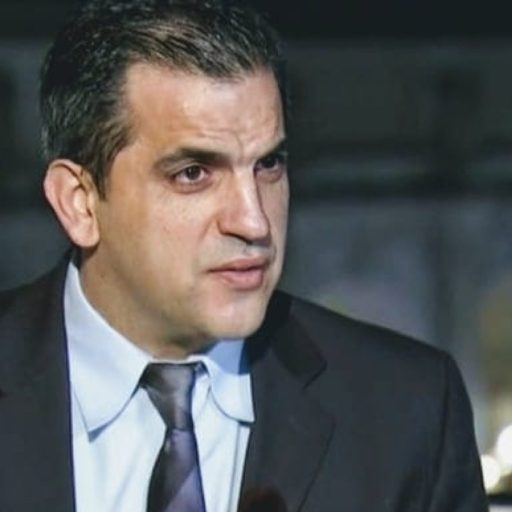Every so often an unexpected development leaves a significant imprint on US strategy in the Middle East. The October 2, 2018 murder of Saudi journalist Jamal Khashoggi at the Saudi consulate in Istanbul has rattled the already weak foundations of the Trump Administration’s approach to the region. But will there be long-term geopolitical implications from this murder when the dust fully settles? Click here to read my latest policy analysis.
Joe Macaron
Op-Ed
Why is the US pulling out of Syria?
The Trump administration has a lot to explain in the coming weeks regarding the timeline of this withdrawal and what US allies should expect moving forward. An imminent US withdrawal without setting the necessary conditions might lead to a backlash or in the worst-case scenario – an open confrontation between Turkish and Kurdish forces. The US had no strategy of how to stay in Syria, now it is clear it has no strategy of how to leave. Click here to read my latest op-ed.
Publications
Assad Begins a Three-Year Plan to Refurbish His Regime
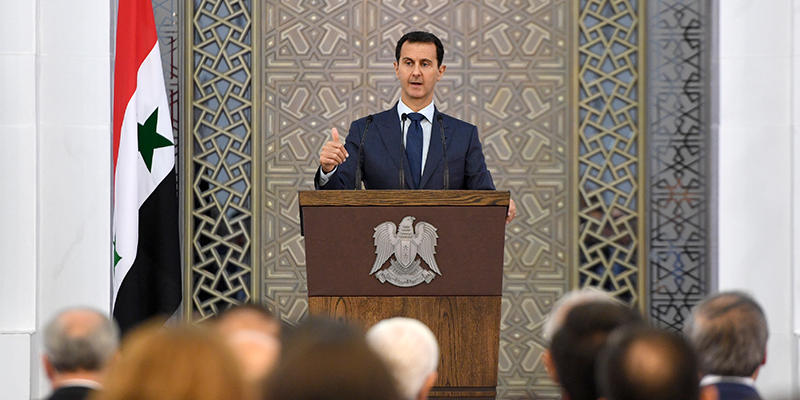
There are growing indications that Syrian President Bashar al-Assad’s government is gearing up for a three-year plan to hunker down and solidify gains ahead of Syria’s presidential elections in
Publications
The Developing GCC-Damascus Rapprochement
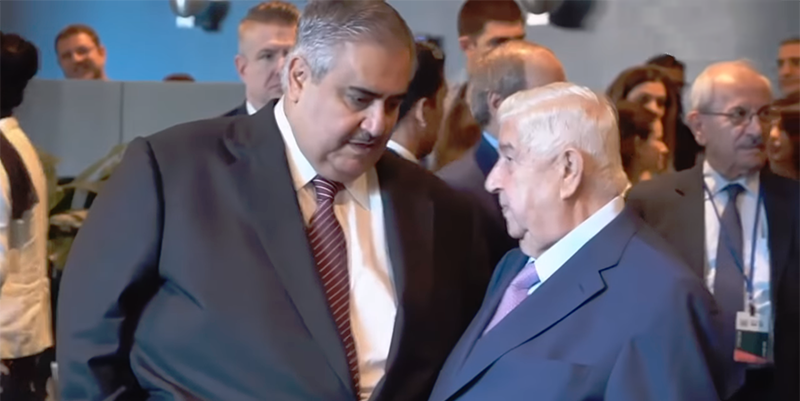
Since September, there have been increasing indications of a rapprochement between
Op-Ed
Will the midterm elections affect Trump’s Middle East strategy?
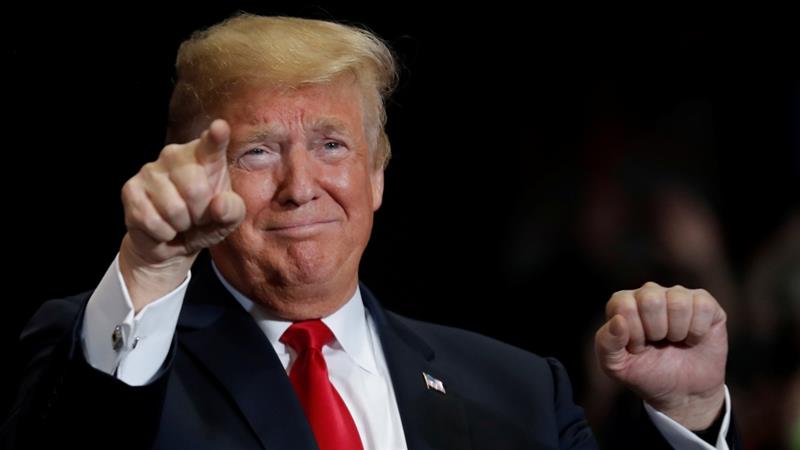
Historically, the midterm elections in the US have often changed the power dynamics between the White House and the Congress, which has prompted US administrations to modify their approach to foreign affairs. In the recent past, there have been a number of such important foreign policy developments that have taken place as a result of electoral setbacks during the midterms. Click here to read my latest op-ed.
Publications
Will the Istanbul Summit Offer Hope for Syria?
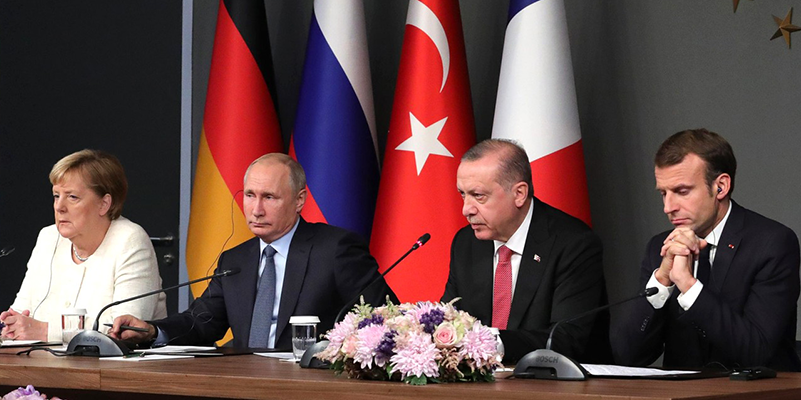
There is momentum to try and revive the peace talks; this is reflected in the appointment of a new UN envoy for Syria, the ceasefire—albeit fragile—in Idlib, and the Istanbul summit. However, to advance a credible political process in Syria while avoiding the same long-standing obstacles, it would behoove the principal actors to consider five key policies: 1) reach a permanent and sustainable ceasefire in Idlib; 2) renew direct US-Russian talks on Syria between US Secretary of State Mike Pompeo and Russian Foreign Minister Sergei Lavrov; 3) remove the issue of Assad’s fate from talks, at this point, to help launch the process and ensure confidence-building measures; 4) include the United States and Iran in a new group on Syria that can discuss how to advance this process; and 5) clarify the mandate of the constitutional committee and place it within a defined political framework. Most importantly, without a clear and committed US policy, the Syrian conflict will continue to evolve in the same pattern, and this might very well lead to further hostilities down the road. Click here to read my latest policy analysis.
Publications
Sochi Agreement on Idlib Tests Russian-Turkish Relations

On September 17,
Op-Ed
A confrontation in Idlib remains inevitable
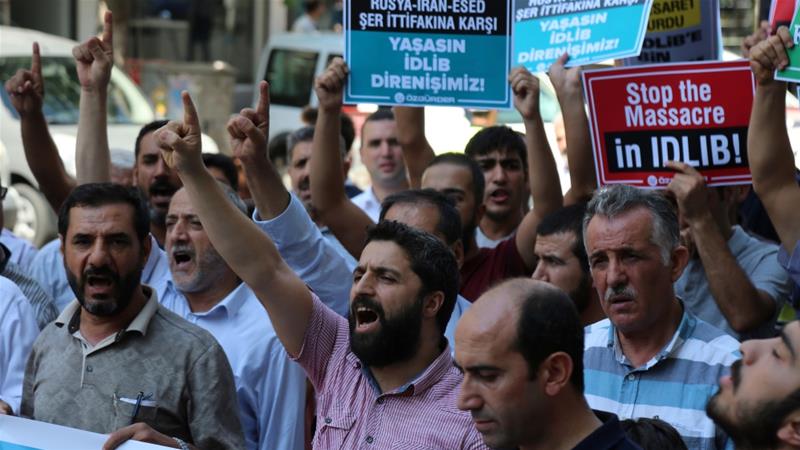
The interest of both Moscow and Ankara remains for now to avoid a war in Idlib, but these circumstances might change. One wild card is the fallout of the October 2 killing of Saudi commentator Jamal Khashoggi, as one of its unintended consequences has been the US-Turkish rapprochement. It remains to be seen how the renewed ties with Washington will impact Ankara’s relations with Moscow. Meanwhile, Turkey is expanding its military and political role in Idlib, which will make the Syrian regime offensive an even more difficult objective to achieve. Without a long-term political settlement of the Syrian conflict, resolving the pending status of Idlib might be a military one. Click here to read my latest op-ed.
Op-Ed
Trump can only go that far with his unilateralism
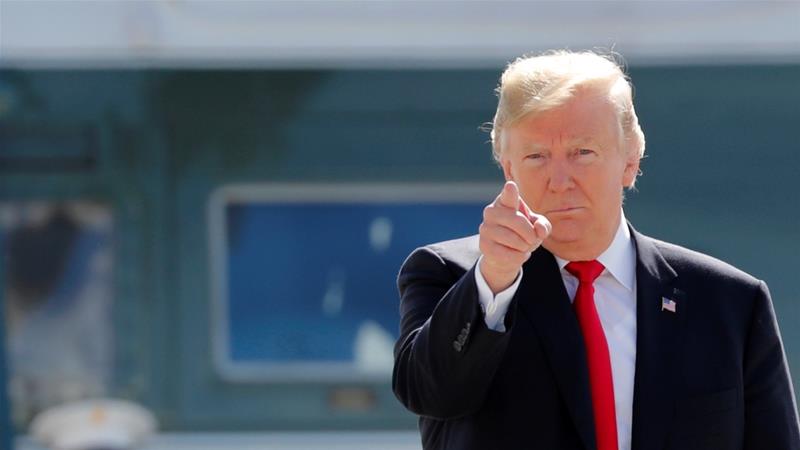
While former US allies are already building mechanisms to circumvent the need to deal with Trump, neither
Publications
Cabinet Stalemate in Lebanon May Be Delaying a Political Confrontation

Four months after Lebanese Prime Minister Saad Hariri was designated to lead a national unity government on May 24, there appears to be no end in sight for the process of forming the next cabinet. There are several internal and external factors behind a stalemate that seems to be a blessing in disguise because it is delaying a looming political confrontation between the country’s ruling elites about several domestic and regional issues. Click here read my latest policy analysis.
